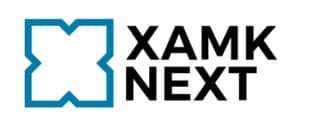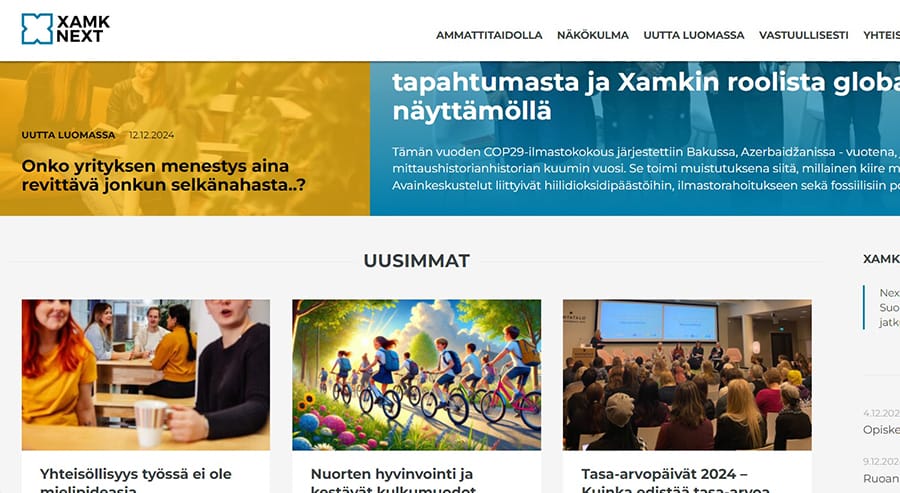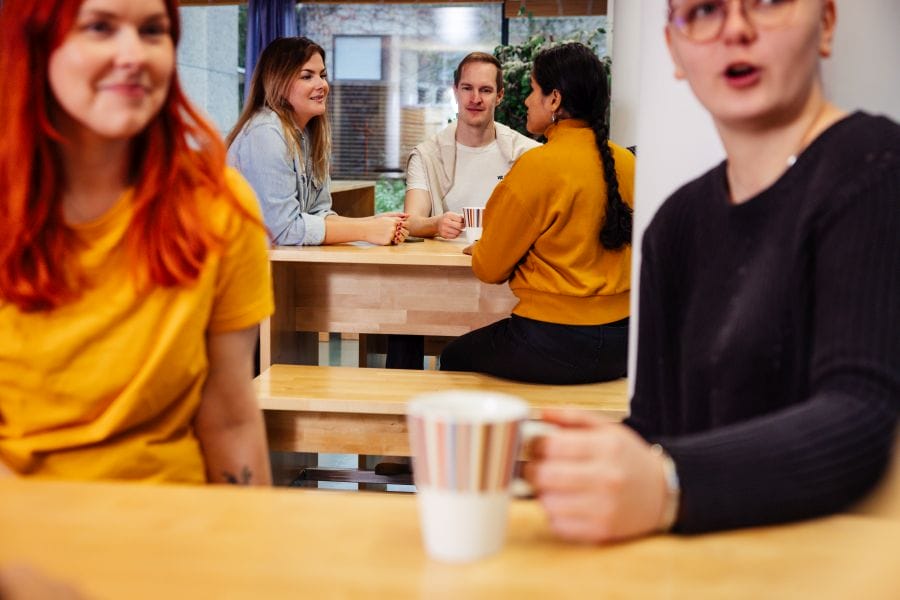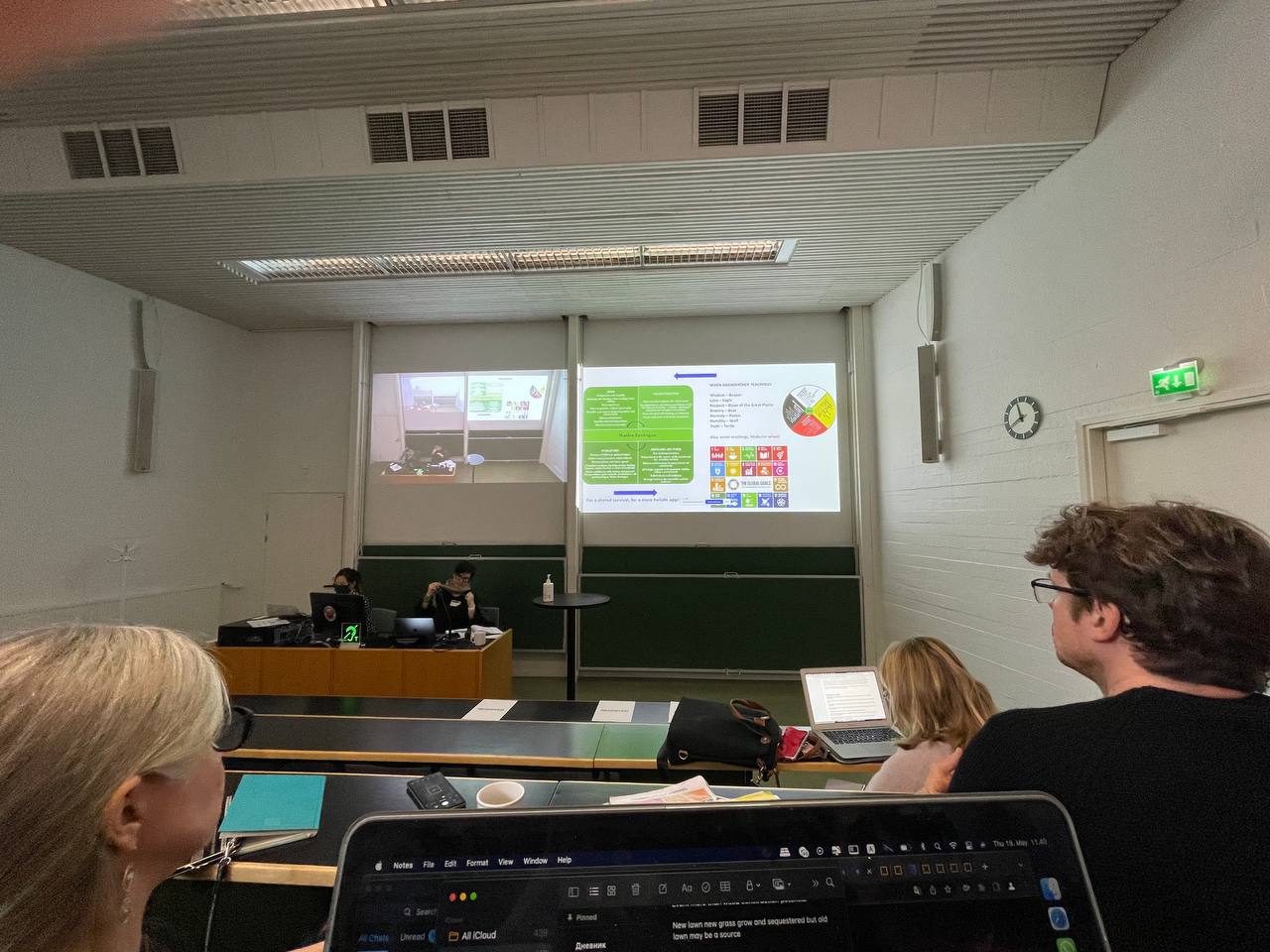The good, the bad and the urgent: the insights from sustainability science days 2022
Let’s discover them together through the lenses of Xamk’s RDI-project Exporting expertise and know-how from South Savo project, that aims to foster cooperation and export, and Edufication, that creates new online learning experience.
At Edufication we are thriving to contribute to Sustainable Development agenda through Education by providing high-quality online courses on the topics from climate change to self-development. Looking into the latest research helps us to understand the needs of the market and deliver timely educational solutions.
 Meanwhile, through Exporting expertise and know-how from South Savo project we also try to match the global, regional and local agendas to facilitate skills and information exchange from our region. Thus, the visit to Sustainability Science Days was full of insights.
Meanwhile, through Exporting expertise and know-how from South Savo project we also try to match the global, regional and local agendas to facilitate skills and information exchange from our region. Thus, the visit to Sustainability Science Days was full of insights.
The Good
Would you consider decreasing meat consumption in favour of peas and faba beans to decrease your carbon footprint? How about if this diet will make you healthier?
The BEAN MAN, as a part of Leg4Life project, is a study on replacing red meat with legume products in men. Finnish men consume almost twice more red meat than recommended. But what will happen, if the diets of healthy, working-age men would contain just a less meat and more legumes?
Anne-Maria Pajari et al, altered the diets of 102 men by providing them with 25% of their normal protein intake either with 760g of red meat per week or 200g of red meat mixed with legume-based per week. Initial results showed no differences in energy-yielding nutrient intakes, higher fibre intake with legumes, lower concentration of total blood cholesterol less risky fat and more beneficial polyunsaturated fat acids.
Small changes in the diet without complete abandonment of red meat could show significant health effects, illustrating that climate-friendly diet can also be a healthy one.
The Bad
Peat, as significant and controversial Finland’s energy source, used to provide 3-4% of primary energy sources but emitted more than 10% of GHG emissions of the country. Initially debated to be a «slowly renewing biomass fuel», recently energy peat became too expensive under the current battle against climate change. The majority state-owned Neova even made plans to abandon the production of energy peat well before the Finalnd’s plans for 2035.
Thus, peat, as many other traditional industries, opened to the questions of just transition. What would just transition entail in practice? Would local Finnish communities be on board even without seeing as dramatic consequences of climate change as communities of Global South? Whose justice we are taking about when talking about just transition?
Even though, due to the current Russian’s war in the Ukraine, peat just transition is temporarily put on hold as some peat production gets renewed, it is not completely cancelled. Peat production used to employ 2,500 people directly or indirectly and «no one should be left behind». However, that’s where the research by Hanna Lempinen draws the line. Things that successful just transitions have in common include clearly defined policies, adequate timeframe, targeted compensations and true participation.
But none of the criteria are being met in Finnish peat transition process, as it was studied through interviews of 400 people. According to Lempinen, the transition in the peat sector should have started 15 –20 years ago for it to take place in a just manner now.
The Urgent
Climate change is a (super)wicked problem as the reasons are multiple and complex, the consequences are uncertain and interrelated, and potential solutions to climate change might well cause further problems. Solving a wicked problem like that requires systems understanding and application of systems thinking. Well, how do we even teach that? M. Äijälä et al. in their research are exploring exactly this question.
The climate education and systems thinking should become a must in teaching, but how long can we wait until this “future”?
Good news, several Universities in Finland and other organizations joint efforts in creating Climate University https://climateuniversity.fi and, specifically, the course on systems change, that aimed to to help teach and learn some of the basics of systems thinking competence in a climate and sustainability context. Apart from that, it is a learning platform for researchers to study how effective the process is and how we scale up the efforts before we run out of time to provide a transformational change.
Make sure to check on the papers you loved hearing about later during the year as their research is being finalised.
Do not forget to check out the second part of the publication, discovering «The Beautiful and The Ugly: The Insights from Sustainability Science Days 2022».




